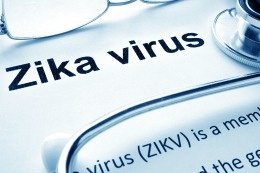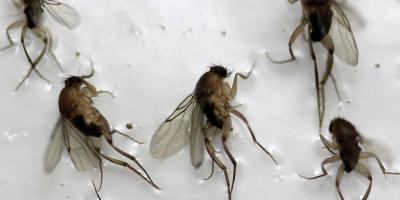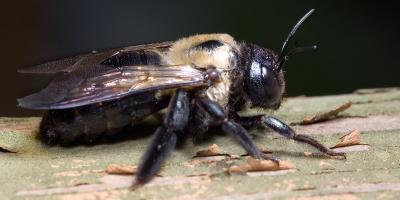The Zika Virus: The No-Hype Information You Need

The Zika virus has recently become a headline in the news as researchers are still learning about the disease and working towards creating a vaccine. Healthcare practitioners have determined that both insect bites and sexual contact can transmit the virus. There are a lot of unknowns surrounding this virus, but we gathered the known information so far to help New England residents stay protected and informed.
Who Is At Risk?
As of now, the greatest risk exists for citizens of Brazil, where more than 1 million cases of the Zika virus have been confirmed. Pregnant women are at the greatest risk, as the Zika virus seems to cause microcephaly — underdevelopment of the brain in newborn babies. Other people who contract the Zika virus usually make a full recovery.
This virus has the potential to turn into a global health crisis, because mosquitoes are biting travelers overseas; the travelers in turn bring the disease home with them before they know they are infected. One such traveler returned home to New England with the first reported case of Zika in Massachusetts. This is no cause for alarm, however. The traveler wasn’t bitten in the United States and is expected to make a full recovery. There are no restrictions for Americans who aren’t pregnant to travel to Brazil.
What Are The Symptoms?
The Zika virus produces slight symptoms including fever, headache, and rash. What makes it so alarming, though, is its apparent connection with the rare birth defect microcephaly. This affects brain development in the womb and can cause seizures, developmental delays, intellectual disability, hearing loss, and other problems as the child develops. One sign of microcephaly is diminished head size.
How Can I Protect Myself?
Authorities are making aggressive efforts to eliminate mosquito-breeding areas such as containers holding standing water, and scientists are working on ways to reduce or eliminate the mosquitoes, but there are things you can do to decrease your chance of mosquitoes biting you in general. Use repellents containing DEET, wear long sleeves and pants, and enlist a professional pest control company to provide a control service to keep populations out of your yard. You may also want to consider installing mosquito netting around your home as an extra precaution to protect yourself and your family.
Currently, there is no vaccine to prevent Zika, nor is there a medication to treat it once contracted. As a result, it is vitally important to take preventive actions against mosquitoes this spring. Call JP Pest Services for a free consultation and for information regarding our Mosquito-Control Program.
For more information about mosquitoes in general, read this article from our blog!



